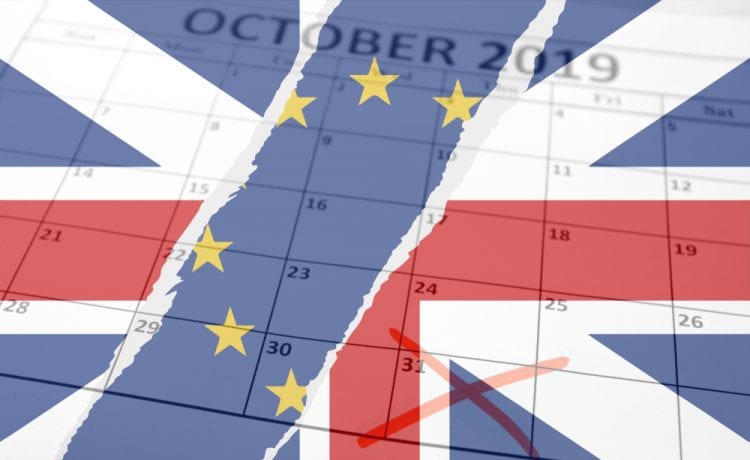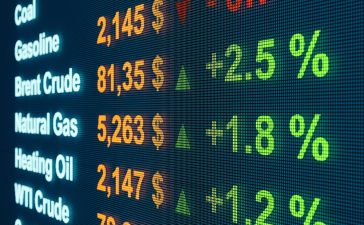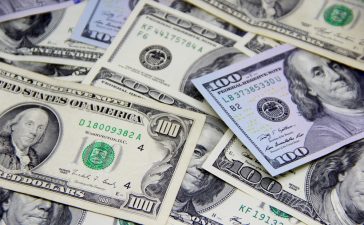The pound jumped 1.4% to hit $1.34, before settling at $1.33
The pound edged higher in value against the dollar and the euro on Monday as investors digested claims that a deal in the UK’s trade negotiations with the EU had taken a step closer.
The EU’s chief negotiator, Michel Barnier, said on Monday he believed a Brexit trade agreement was possible now the remaining disputes had been whittled down to only two.
The pound jumped more than one cent, or 1.4%, against a weakening dollar in morning trading to hit $1.34, before settling later at $1.33, reversing some of the losses of last week when investors feared Brexit talks would break down and the UK was on course for leaving the EU without a deal.
Sterling, which was worth almost €1.40 five years ago, gained 0.5% to just below €1.10.
The pound is obviously relieved that the trade talks will continue between the EU and the UK, said Jane Foley, the head of FX strategy at Rabobank. However, no tangible process has been confirmed over the weekend and the market is therefore likely to remain on tenterhooks in the week ahead. Without confirmation that progress has been made, the pound’s gains are likely to be capped.
Britain’s FTSE 100, which initially edged 0.2% higher to 6,557, later reversed as investors sold AstraZeneca stock after poor reviews for its planned $39bn takeover of the US biotech firm Alexion. It closed down 15 points at 6,531.
US markets made modest gains in early trading, with the Dow Jones Industrial Average up 0.2% at 30,051.
Analysts said investors are treading water as Congress considers giving the green light to a second large stimulus package to protect households and businesses from the ravages of the pandemic in the winter months.
Wall Street is also waiting for a special election in Georgia in early January, which could potentially switch the balance of power in the US Senate.
Markets made gains while investors also remained wary of further lockdowns in some of Europe’s largest economies, particularly Germany, Italy and France, limiting business activity.
Deutsche Bank analyst Jim Reid said the euphoria surrounding the positive impact of a vaccine was tempered by the impact of the virus’s second wave.
In the short-term [the lockdown] will be a blow to activity and confidence even if the damage will be limited by knowledge of the imminent vaccine rollout, he said.





